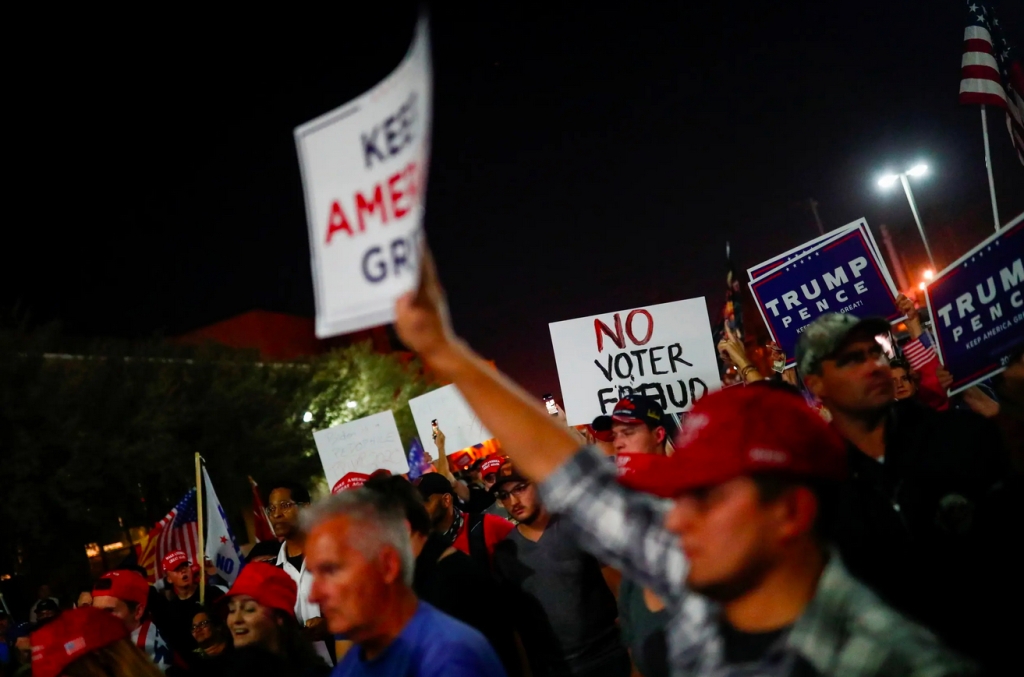
SHOSHANA ZUBOFF’S The Age of Surveillance Capitalism has followed me around for the last two months, ever since my eldest son gave me the paperback edition for Christmas.
I’m relieved to report that I have finally reached the end of its 500-plus pages (not including the even denser 130 pages of notes) and feel compelled to recommend it – more than that, to urge everyone to read it, however slowly, as an act of what Naomi Klein in her blurb called “digital self-defence”.
Subtitled The Fight for a Human Future at the New Frontier of Power, The Age is a truly phenomenal thing: a bible of indignant protest at the deeply sinister manoeuvres that Google, Facebook et al. have gotten away with in the last 15 years. Zuboff writes a rigorous, hypnotic, almost monotonously poetic prose that rams home the jaw-dropping infringements on not just our privacy but our human nature – hoovered up as “behavioural surplus” for Silicon Valley’s “renditions” of every move we make and every breath we take.
More than anything, the great fear is that the numbing impact of Big Tech’s “inevitablist” appropriation of our souls – and distortion of our democratic values – has been so stealthy and so uncontested that the youngest human generation will not realise their freedom has gone, allowing a new totalitarianism to take root and take control of all human life.
Reading Zuboff – a true prophet for our terrifying times – prompts me to dig up a poem I wrote almost four years ago on a trip to San Francisco: a visit on which I witnessed how the soulless geniuses of “the Valley” had destroyed the social fabric of a great American city… and how, unchallenged and unchecked, they will inevitably destroy the social fabric of human trust, reciprocity and freedom.
Zuboff deserves a medal of honour for this heroic book.
––––––––––––––––––––––––––––––––––––––––––––––––––––
Disruption
Was I ever young and thrusting?
I was young but dumb – and timid too.
I typed out words with clattering keys
before the words got processed by PCs
and all got sucked into the seas.
I have a foot stuck in the past,
the other’s stepping terrified.
A crazy scrum of lemmings on a cliff,
we drop into abysses hollowed out by billionaires
and nerds in UberCHOPPERS
scheming to replace us with machines.
We’re prey for predators, we’re tapping at our phones,
the zombie surfers of the shallow flats:
too busy sucking up the glut of pointless stuff to see
we are the product we’re consuming,
mere regurgitated selves.
And so I sit, a broken frightened man, half in, half out.
My soul’s been digitised to death,
an insect flailing in their web.
Perhaps it all will be alright:
the maniacs may yet recall
that life is flesh and feeling,
writhing mess and mass that can’t be mapped
by algorithmic fiends.









